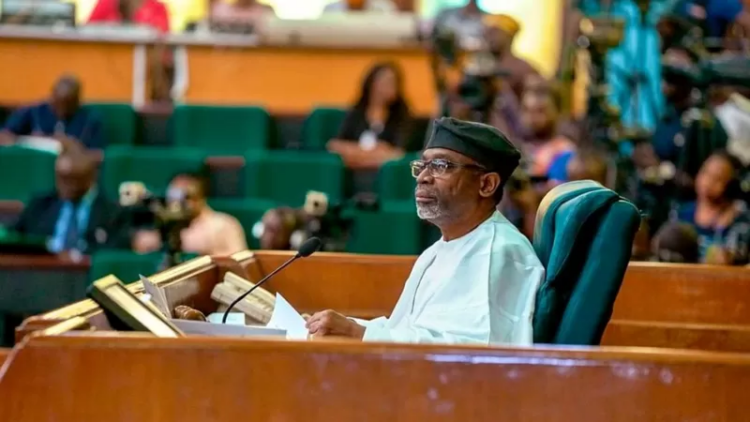The House of Representatives has ordered an investigation into the allegation of collection of illegal charges imposed on contractors by Ministries, Departments and Agencies of the Federal Government.
The officials of the federal agencies reportedly collect kickbacks as high as 25 percent of the project cost.
The House on Thursday unanimously adopted a motion titled ‘Need to investigate unlawful administrative charges and levies by Ministries, Departments and Agencies in the award of contracts,’ resolving to set up an ad hoc committee to carry out the probe.
Kpam Sokpo, who moved the motion, said the National Assembly makes laws for the peace, order and good government of the country to ensure the welfare and security of every Nigerian.
He said the most critical component of the annual budget is the capital and recurrent expenditure estimates approved by the National Assembly for the provision of critical infrastructure and to cater for national priority projects.
Sokpo said, “The House is disturbed by the alleged arbitrary, indiscriminate and unlawful administrative charges, levies and contract fees charged by Ministries, Departments and Agencies of the government, ranging from five per cent to 25 percent of contract sums to be paid by contractors to officials of the MDAs.
“The House is also disturbed that such charges by the MDAs are unlawful, fraudulent and clear cases of corrupt practices as such monies, when collected, are not remitted to government coffers.
“The House is further aware that when contractors are compelled to pay such advance fees, there is the high tendency of not keeping to the terms of the contract as such projects are often abandoned or poorly executed.”
Adopting the motion, the House resolved to “set up an ad hoc committee to investigate alleged cases of indiscriminate and unlawful administrative charges on contracts and such percentage charges on project implementation by Ministries, Departments, and Agencies of the Federal Government from 2010 to 2021, and report back within 12 weeks for further legislative action.”









